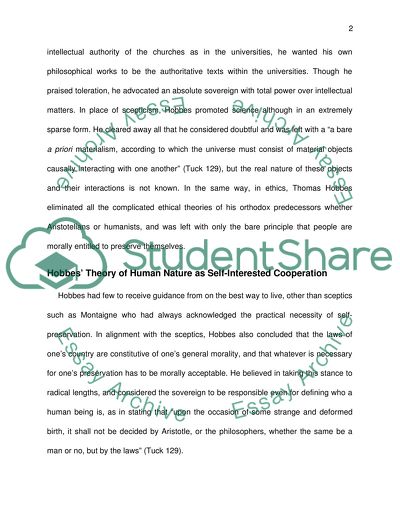Cite this document
(“Hobbes Essay Example | Topics and Well Written Essays - 1250 words”, n.d.)
Retrieved from https://studentshare.org/macro-microeconomics/1425678-hobbes
Retrieved from https://studentshare.org/macro-microeconomics/1425678-hobbes
(Hobbes Essay Example | Topics and Well Written Essays - 1250 Words)
https://studentshare.org/macro-microeconomics/1425678-hobbes.
https://studentshare.org/macro-microeconomics/1425678-hobbes.
“Hobbes Essay Example | Topics and Well Written Essays - 1250 Words”, n.d. https://studentshare.org/macro-microeconomics/1425678-hobbes.


